Learn more about our impact
Learn more about our impact
- What we care about
- People
- Places
- Species
- Climate crisis
- Sustainability
- How we work
- Public policy
- Science
- Business
- Wildlife conservation
About WWF
WWF works to sustain the natural world for the benefit of people and wildlife, collaborating with partners from local to global levels in nearly 100 countries.
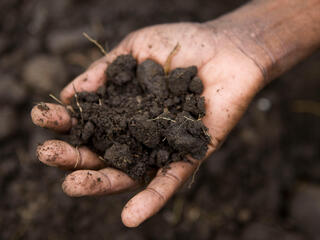
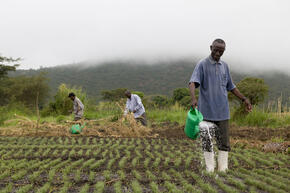
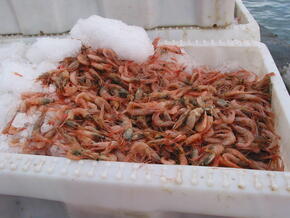
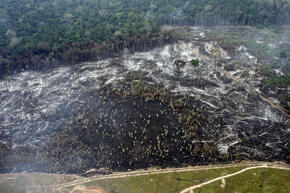
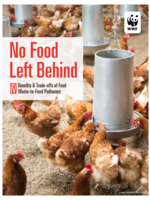
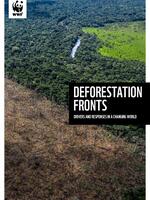
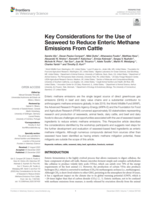
 Jason Clay
Senior Vice President, Markets | Executive Director, Markets Institute
Jason Clay
Senior Vice President, Markets | Executive Director, Markets Institute
 Kerry Cesareo
Senior Vice President, Forests
Kerry Cesareo
Senior Vice President, Forests
 Stephanie Bradley
Director, Fisheries in Transition
Stephanie Bradley
Director, Fisheries in Transition